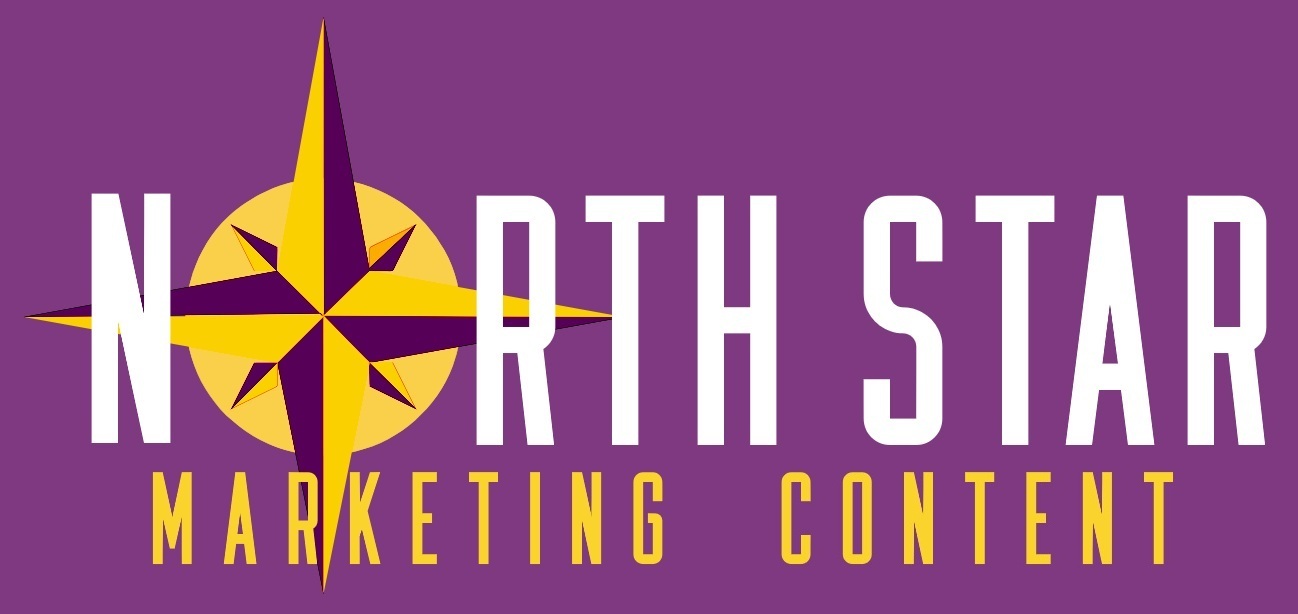Here in the Detroit area, it was big news recently when the DTE Energy Music Theatre reverted to its previous and widely loved name: Pine Knob.
Those of us who grew up here in the 1970s, 1980s and 1990s fondly remember attending outdoor concerts at Pine Knob. No one was thrilled when, in 2001, DTE Energy bought the corporate naming rights in a $1-million-a-year deal.
Upon the announcement that Pine Knob was getting its original name back, approximately 431,987,417 Metro Detroit residents announced on social media that they had “never stopped calling it Pine Knob.”
Which got us thinking: When a corporation pays for the naming rights to a high-profile public venue, does that actually generate the return on investment they think it does?
It’s all “branding,” of course, but let’s think a little more deeply about what corporations hope to get from these deals.
Sure, your name is seen by thousands of people on a regular basis. But you can buy billboards if that’s all you want. It seems that the point of these naming rights is to send a message that you are established and credible. After all, your name wouldn’t be on a major sports or entertainment venue if you weren’t, right?
The year before the DTE Energy deal for Pine Knob, Comerica Bank agreed to pay $66 million over 33 years for the naming rights to the new Detroit Tigers’ ballpark. It wasn’t a very popular move with fans, who would have preferred to see the new ballpark named after a Tigers legend, or maybe just named Tiger Stadium like the old ballpark was. But because the new park had never had another name, people have come to grudgingly accept that the park is named after a bank.
Grudgingly. Not enthusiastically.
And clearly, no one ever accepted the name DTE Energy Music Theatre. If there’s one thing in Michigan that can unite Republicans and Democrats, union and management . . . even Spartans and Wolverines fans, it’s that changing the name of this concert venue back to Pine Knob was a happy development.
So what are these corporations really getting for sticking their names in our faces at venues we do not visit for the purpose of seeing their names? Is it simply to let us know that they’re ubiquitous and we can’t get away from them so we might as well accept it and give them our bank deposits, or buy our gas and electricity from them?
(Then again, DTE Energy is a public utility so you’re going to buy your gas and electricity from them whether you like it or not. Maybe re-naming Pine Knob after themselves was just a way of rubbing it in.)
It seems to us that corporate naming rights may deliver more fool’s gold than real value for corporations. Yes, everyone recognizes your name. Yes, everyone knows you are at least successful enough that you could afford to buy that little bit of glory for yourself.
And there has long been a school of thought that there is no such thing as bad publicity.
If you want to buy commercial time on the Tiger broadcasts to tell us how great your bank is, we understand that’s a normal function of commerce. We’ll watch the commercial as long as we don’t leave the room to pee or walk away to grab a snack. If you want to buy a banner at the concert venue to remind us that we buy our power from you, fine.
But don’t expect us to run around saying your name all the time when we’re trying to talk about going to a ballgame or a concert. That has nothing to do with you.
Just about every sports or entertainment venue these days is named after a bank, insurance company, utility or technology company that paid for the privilege. It’s so common now, people no longer have the mental energy to roll their eyes at the phenomenon like they once did.
But that doesn’t mean people like it, and it doesn’t mean The Very Big Corporation Of America is buying itself anything more than contempt when it insists that the places we like to go must be named The Very Big Corporation of America Stadium or Ballpark or Arena or Music Theatre.

